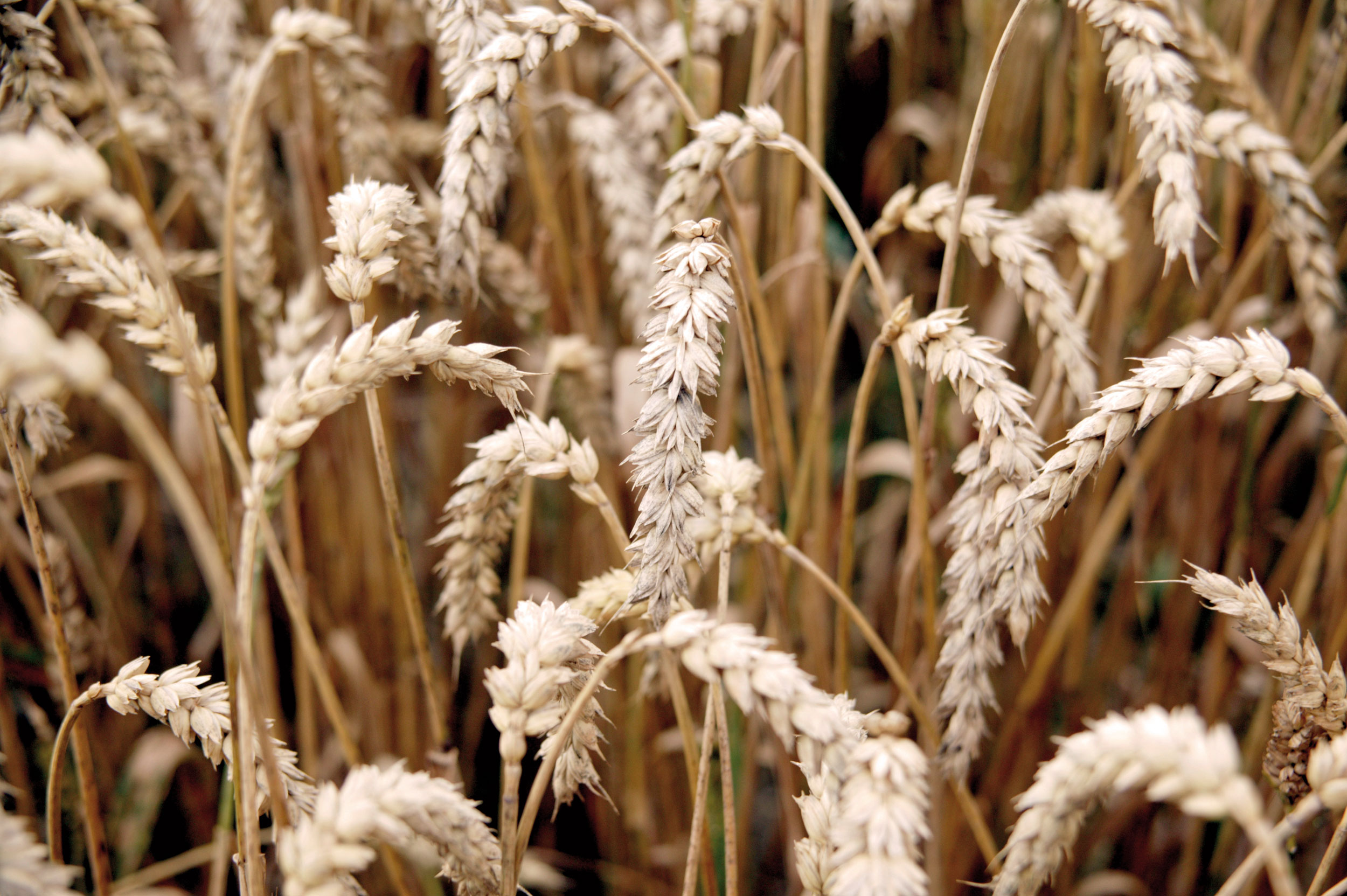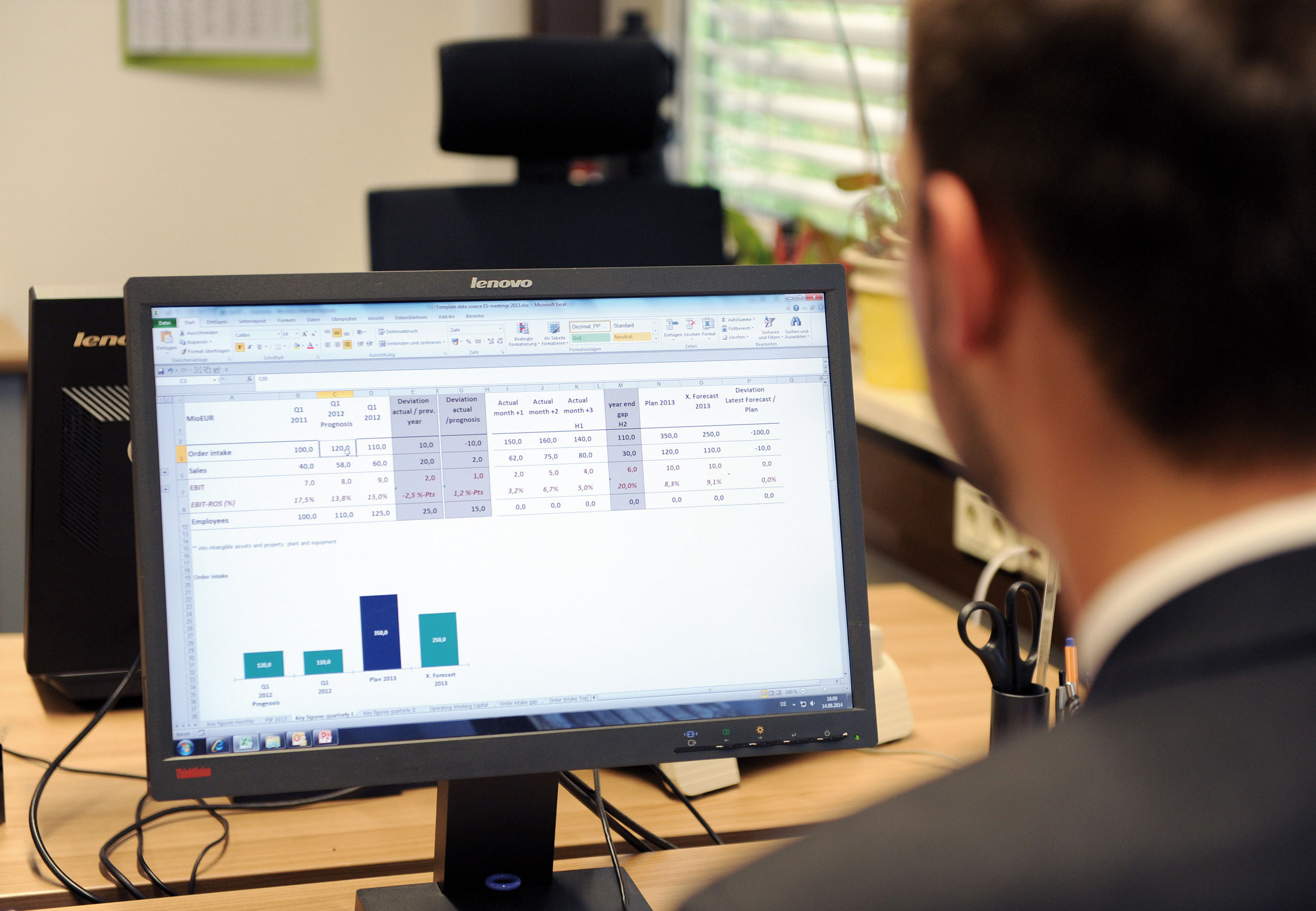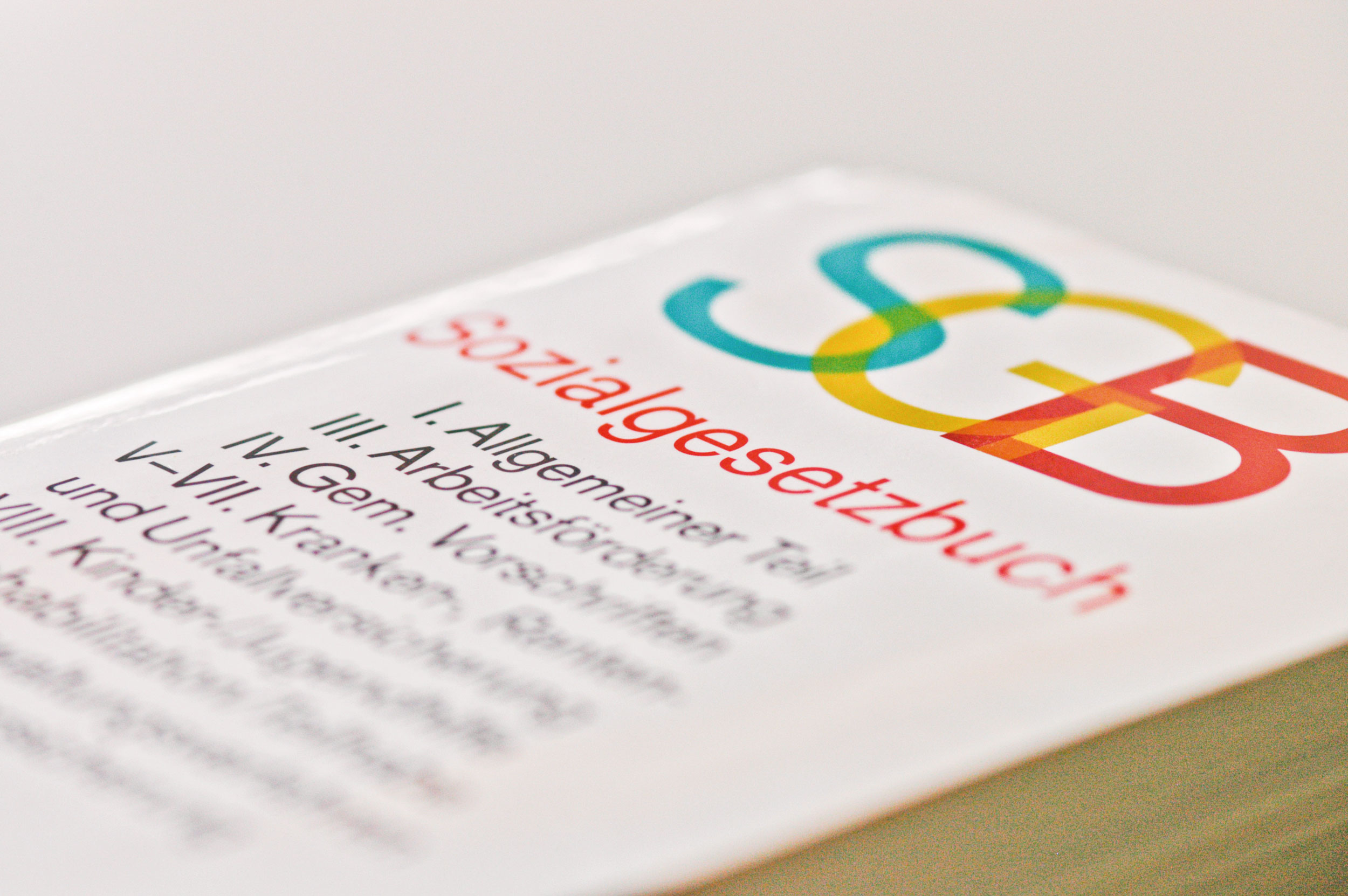For a better overview, they are divided into eleven study areas, each with several fields of study. For example, in the study area ‘Mathematics, Natural Sciences’ you will find a section for the study field ‘Biological and Environmental Sciences’. The sections in the study areas are in alphabetical order.
What can I study where?
In this chapter we give you an overview of the degree programmes in Germany. Feel free to browse through the various sections. After all, in order to make a good decision, you need to know all alternatives!
Over 400 universities, universities of applied sciences and vocational academies in Germany currently offer over 22,100 degree programmes, including around 10,000 Bachelor's and more than 10,400 Master's degree programmes (source: www.hochschulkompass.de). That's a wide range of options!
Studienwahl.de provides you with an overview of all study programmes.
Foto: Bundesagentur für Arbeit
![[Translate to English:] Ein Stapel Bücher mit bunten Einbänden - so vielfältig sind auch die Studienmöglichkeiten!](/fileadmin/_processed_/3/e/csm_Studienfelder_1_rgb_32ce5402e1.jpg)
The fields of study at a glance
-
 This field of study includes various degree programmes, from agricultural sciences, forestry and horticulture to nutritional sciences and beverage technology.
This field of study includes various degree programmes, from agricultural sciences, forestry and horticulture to nutritional sciences and beverage technology. -
 Engineers are the tacklers among scientists: they use scientific theories and technical principles to develop products, machines, buildings and ever new, even more efficient processes for the production of components and devices.
Engineers are the tacklers among scientists: they use scientific theories and technical principles to develop products, machines, buildings and ever new, even more efficient processes for the production of components and devices. -
 The natural sciences observe, describe and research the relationships between natural laws. To this end, scientists carry out experiments or develop models and theories based on the results.
The natural sciences observe, describe and research the relationships between natural laws. To this end, scientists carry out experiments or develop models and theories based on the results. -
 Doctors, health scientists, nurses, psychologists and athletes or sports scientists deal with the human body. They heal and alleviate (mental) illnesses or injuries in humans and animals - and prevent them. They research their…
Doctors, health scientists, nurses, psychologists and athletes or sports scientists deal with the human body. They heal and alleviate (mental) illnesses or injuries in humans and animals - and prevent them. They research their… -
 The economic sciences unite economics (VWL) and business administration (BWL). Both disciplines deal with economic processes, either within a company or with a view to society as a whole.
The economic sciences unite economics (VWL) and business administration (BWL). Both disciplines deal with economic processes, either within a company or with a view to society as a whole. -
 Both law and the social sciences deal with the social (co)existence of people. While the social sciences focus on social systems and developments, the legal sciences are dedicated to legal regulations of coexistence.
Both law and the social sciences deal with the social (co)existence of people. While the social sciences focus on social systems and developments, the legal sciences are dedicated to legal regulations of coexistence. -
 The educational sciences are concerned with how people act independently and responsibly. They look at families and society as well as schools and educational institutions.
The educational sciences are concerned with how people act independently and responsibly. They look at families and society as well as schools and educational institutions. -
 How does language work? What conclusions can be drawn from literature about the society in which it was created? Where do common moral concepts come from? Linguistics and cultural studies deal with questions like these.
How does language work? What conclusions can be drawn from literature about the society in which it was created? Where do common moral concepts come from? Linguistics and cultural studies deal with questions like these. -
 There are many ways to express yourself artistically - whether on stage, at the computer, with an instrument or a paintbrush in your hand. If you want to realise creative ideas, develop artistically and develop your own style, you…
There are many ways to express yourself artistically - whether on stage, at the computer, with an instrument or a paintbrush in your hand. If you want to realise creative ideas, develop artistically and develop your own style, you…
